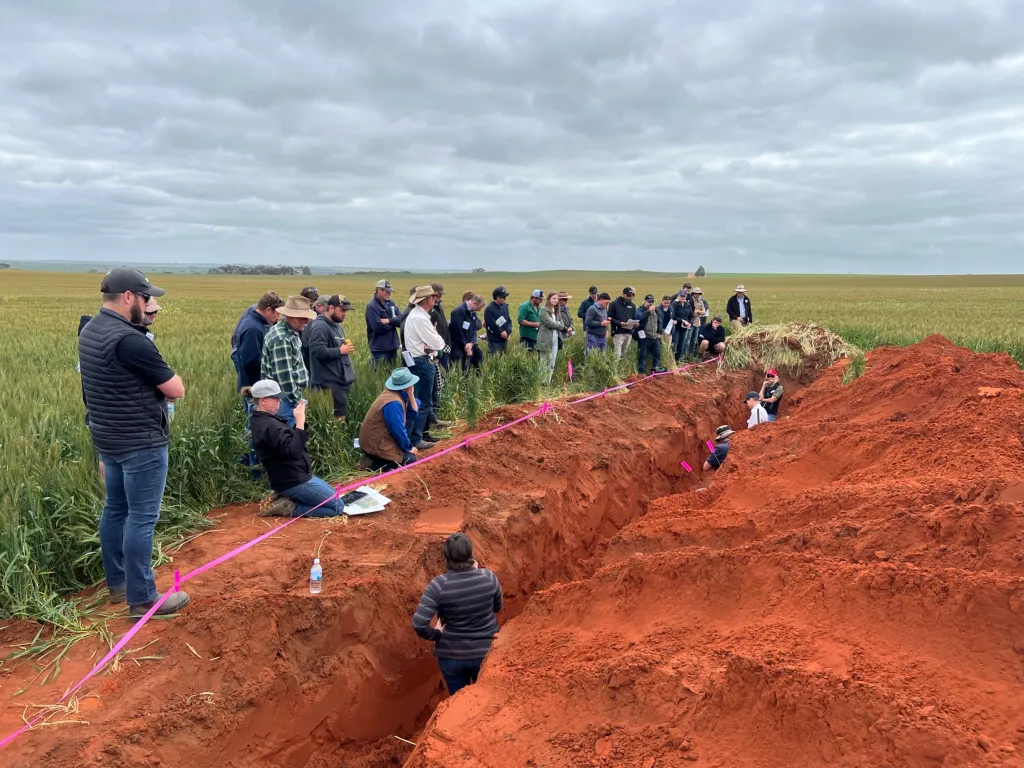Balancing Importance and Complexity in On-farm Decision Making
By Nathan Craig, WMG Chief Executive Officer
In the day-to-day management of farm businesses and life in general, there are always numerous decisions to make. These can range from simple choices, like what to wear based on the weather, to significant decisions such as investing in a neighbouring property. Some decisions carry more weight than others. Factors like experience and intuition play a crucial role in decision-making on the farm. In a future article, I will delve into the role of intuition in decision-making, but today I want to discuss balancing complexity and importance in decision-making.
As previously mentioned, decisions can be inherently complex or quite simple. Choosing daily attire is often a straightforward task that we perform almost automatically, based on established routines. For example, in winter, we know to wear trousers, a jumper, and perhaps a beanie if it’s particularly cold. Simple decisions are easy because we have ample experience and don’t need to think much about them. A reasonably good sense of intuition will get to the right decision in most cases.
However, complex decisions require more information, effort, and a sense of responsibility. Farm businesses often have asset values in the tens of millions of dollars, making every business decision significant. The complexity of these decisions has increased over time due to our greater understanding of the farm as a system. In the past, applying half a bag of single superphosphate per acre was considered sufficient for soil nutrition and fertilisation. Farmers used to cultivate fields 8 to 12 times a season, aiming for a 12-bag crop. Now, we have a detailed understanding of nutrient functions, application rates, soil placement, and how these relate to weather and market movements. This knowledge adds complexity to our decisions and are best made by experienced farm business managers. A newcomer on the farm wouldn’t typically make long-term investment decisions and the ongoing succession planning debate in farming is about how much experience is needed to make credible decisions, with the answer varying among farming families.
In my experience managing our family farm business, it was hard to manage the varying levels of complexity with little experience. Some simple decisions, like selecting the right fertilisation strategy, were quickly made based on available data and consultant input. Other decisions, like selling sheep during a dry period, were much more complex and carried higher stakes. There’s no clear guide to predict future outcomes. A good outcome might be offloading sheep to reduce stocking rates and supplementary feeding costs. A bad outcome might be selling sheep only for rain to follow soon after, resulting in plenty of feed. Tools like grazing charts can help provide information to inform such decisions, while market trends and weather predictions remain uncertain. In the future, AI might help by analysing various factors and data we might not even think to consider.
As decisions become more important, they require additional resources. In recent years, the role of data in decision-making has become increasingly significant. Data allows us to make more informed decisions, enhancing both their importance and complexity. For instance, in the past, we might not have decided to fertilise with nitrogen during a dry year. However, with experience, intuition, and data from research trials and previous farm experiences, we can make more confident decisions that lead to a more profitable outcome. The outcome we seek to achieve in most cases is the ability to make clear and confident decisions that lead to positive results. We progress from using gut feelings for easy decisions, to leveraging our experience for more larger decisions, and harnessing the use of data to inform even larger and more complex decisions. Projecting into the future, we expect even greater decisions to be made to maximise our farm business profitability. This is where artificial intelligence (AI) could play a crucial role, synthesising vast amounts of data to give farm businesses an edge in staying profitable.

This can be visualised as a balance between complexity and importance in decision-making. As we step through various levels of decision-making, each level forms a band, moving from gut feelings and intuition to experience, then to data, and potentially to AI. The goal of any decision-making process is to balance complexity with importance. A good decision-making process allows important decisions to be made without excessive complexity. Ideally, this process bends the curve lower, meaning that for every unit of importance, the complexity is relatively less. In contrast, a poor decision-making process is highly complex, even for small decisions, leading to decision paralysis because it’s all too hard to understand.
Think about the decisions you make in your farm business. Consider where each decision sits on the complexity-importance scale. Are your decisions overly complex? If you find yourself above the line, it’s likely time to rethink your decision-making process. Ensuring information is quickly and easily digested will help make better decisions, leading to confidence, clarity, and speed in decision-making.
Understanding the relationship between decision complexity and importance emphasises the need for good decision-making processes. Today, many decisions have moved beyond intuition and gut feelings. We see many farm businesses now employing consultants to provide data-based information for planning. Farm business advisors also assist with financials, budgeting, reporting, and benchmarking, adding another layer of qualified information to aid good business decisions.
The Riskwise Project, funded by the GRDC, helps farmers make more informed decisions about the risks and benefits of their business choices. The aim is to simplify important decisions without adding unnecessary complexity. This approach is crucial to avoiding overwhelm and decision paralysis. In conclusion, while the complexity and importance of decisions in farming have increased over time, the use of data and experience can help us make better decisions. As we continue to learn and adapt, our decision-making processes will become even more refined, ensuring the success and sustainability of farm businesses.














